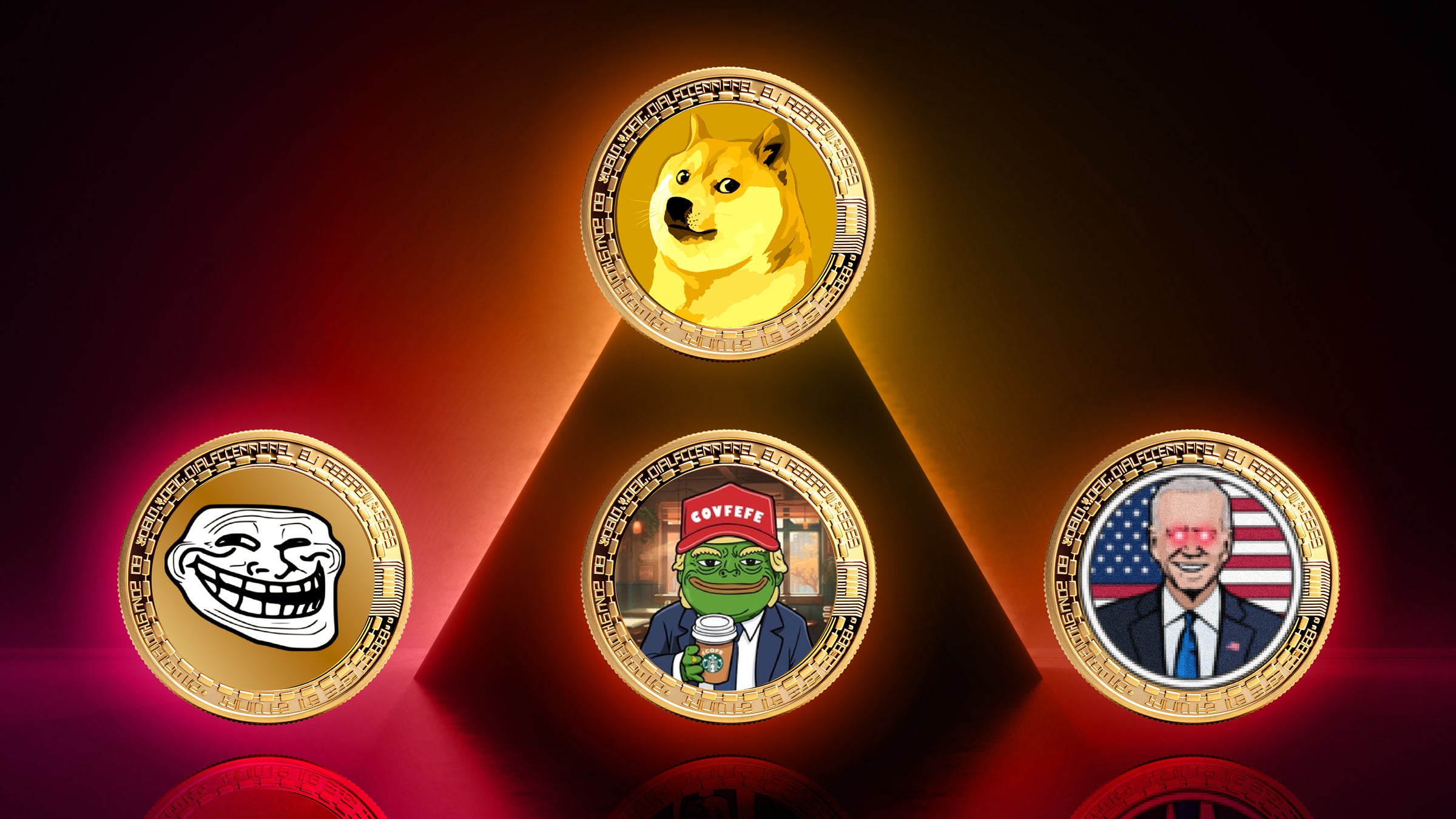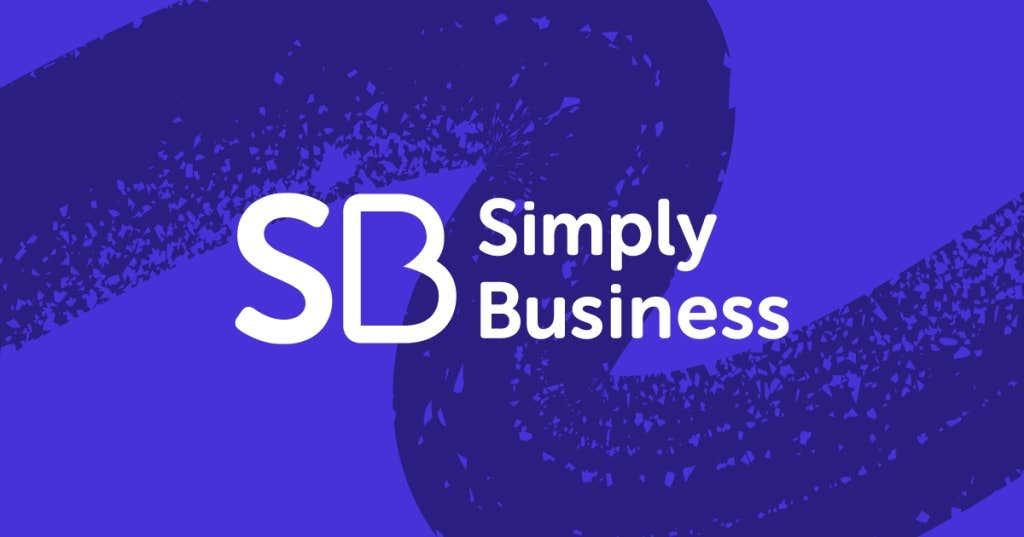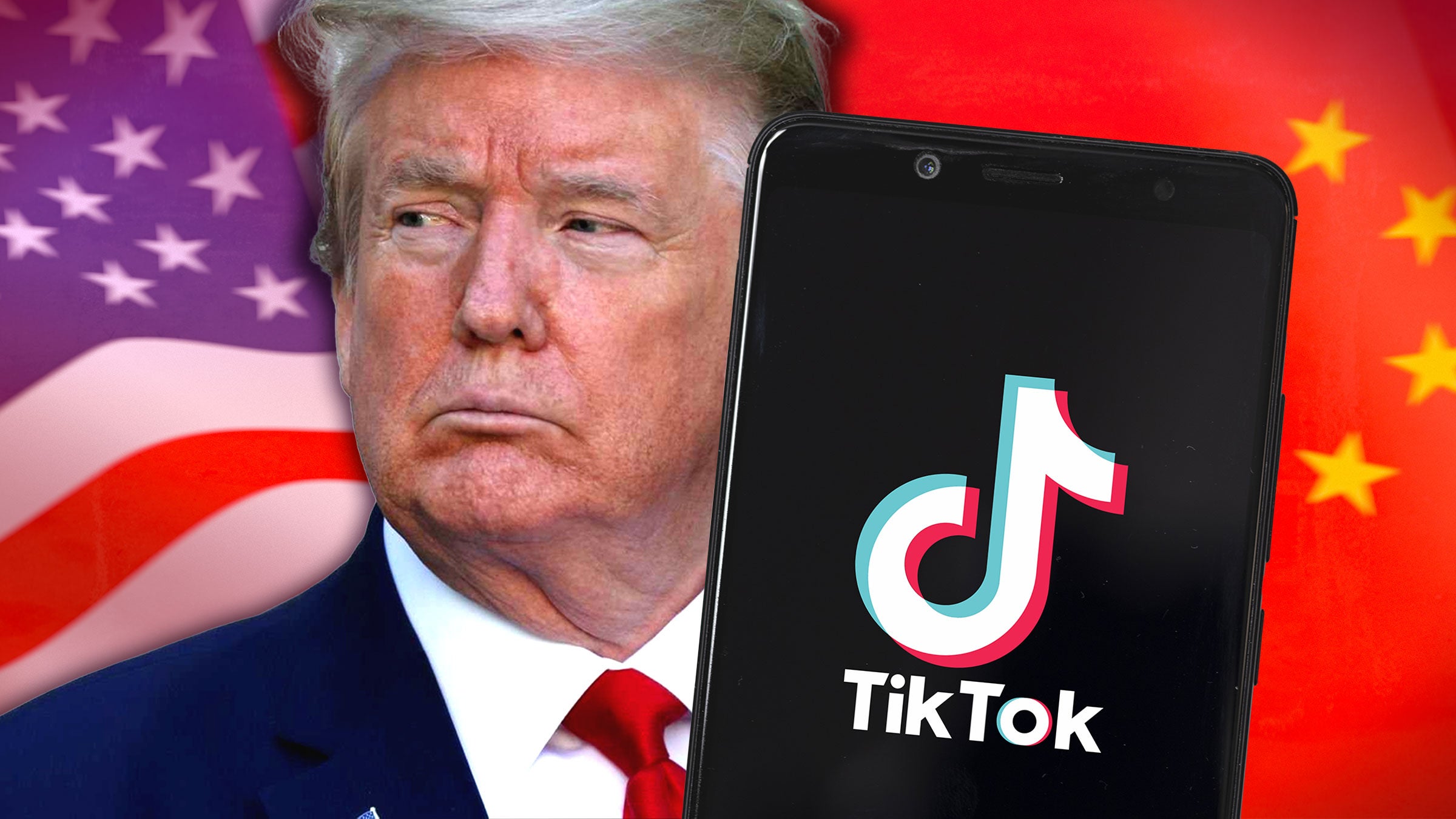CREATOR NEWSLETTER
Issue #334 | April 22, 2025
– Taylor Lorenz, Passionfruit Contributor
CULTURE
The Hidden Crypto Market Behind Gen Z Slang
Words can be as good as gold.
By Taylor Lorenz, Passionfruit Contributor

SPONSORED

What’s one of the best things you can do for your small business in just 10 minutes?
How about protecting it from a wide variety of financial risks? That’s where Simply Business can help. Readers, they can help find affordable coverages you may need in just minutes. All online, 24/7. Simply Business offers same-day coverage for most policies and their licensed agents can answer your questions on the phone.
IN THE BIZ
- The creator of the “Apple” dance is suing Roblox for using the dance as an emote without permission.
- Bluesky launched blue check verification.
- YouTube, Meta, and Amazon all got sponsor spots at the White House Easter Egg Roll.
- Instagram wants to bring collaboration to Stories with a feature called Storylines.
CULTURE
Japan Might Make AI Studio Ghibli Pictures Illegal
Japanese lawmakers have had enough.
By Charlotte Colombo, Job Title
JOB BOARD
- Crossy Road is looking for a Game Developer.
- Drew Binsky is looking for a Video Editor.
- Tom Ayling is looking for a Thumbnail Designer.
- LankManDan is looking for a Video Editor.
WHAT WE’RE WATCHING
Going viral is one thing — staying relevant and financially stable is another.
Check out this SXSW 2025 panel, which discussed the business of being a creator, from brand deals to digital rights to mental health.

Copyright © 2024 Passionfruit, All rights reserved.
You are receiving this email because you signed up to get the latest tips, tricks,
and trends in the creator economy from Passionfruit.
Have an idea for our next big story or want to get featured? Email us at tips@passionfru.it
Don’t want to hear from us anymore?
Click here to unsubscribe
To view in your browser click here






